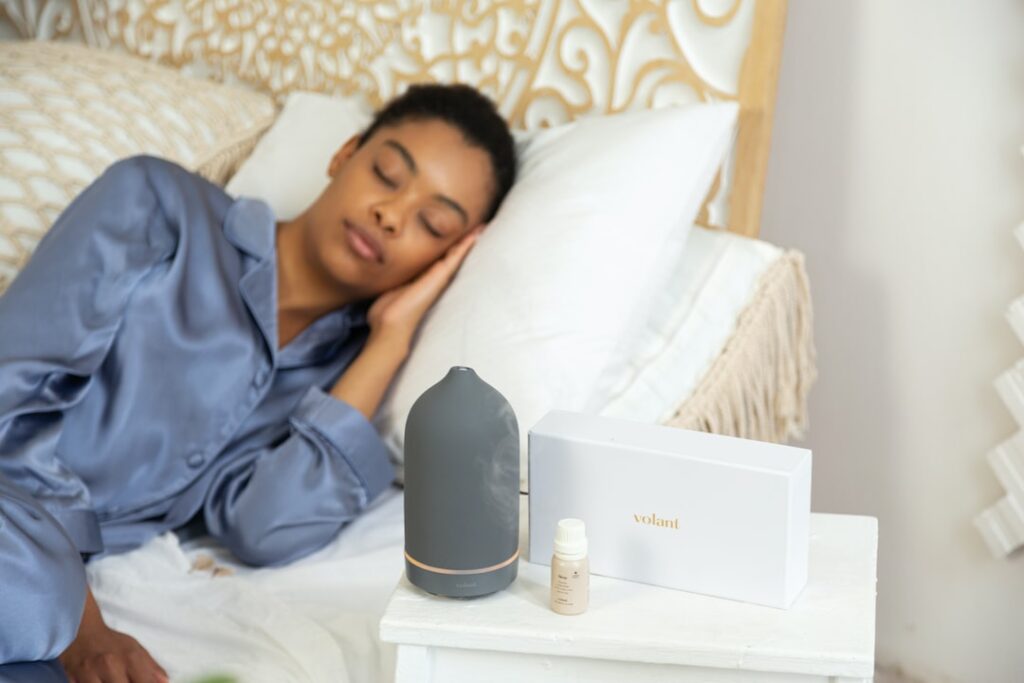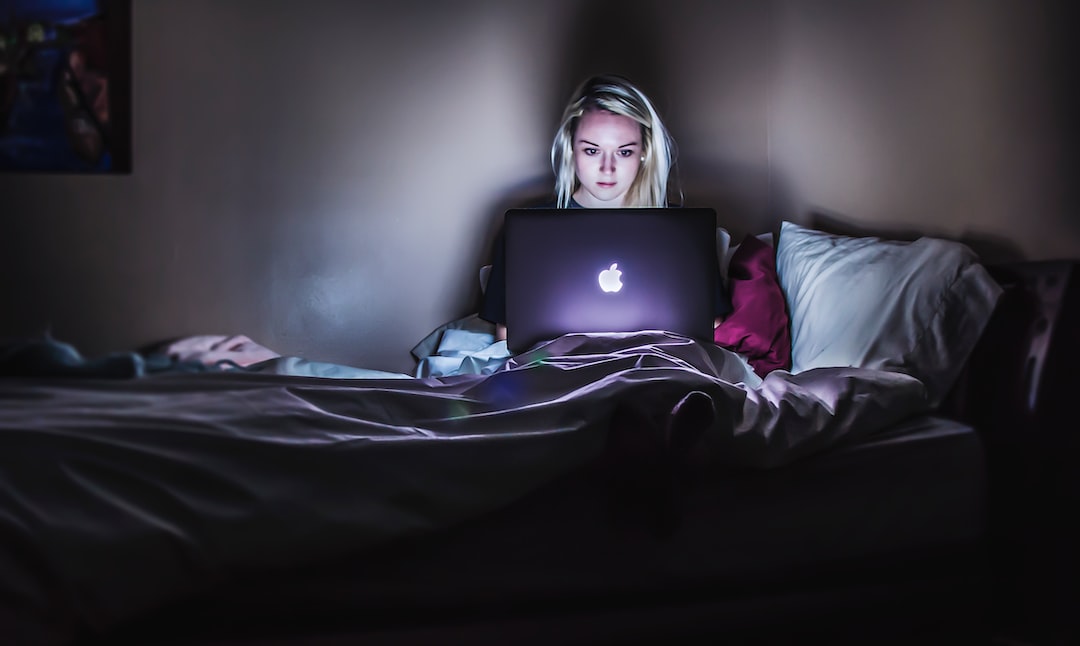![]()
“There’s Not Enough Time in the Day”
How often do you say this?
Do you make “more” time for cleaning, self-care, cooking, leisure, and social time by skimping on sleep?
Maybe it’s time to let that go.
There are many studies that look at the high cost of sleep deprivation. Let’s look at the statistics.
The High Cost of Sleep Deprivation
Many students stay up late to cram for tests or write papers, but studies show that it doesn’t actually improve performance or knowledge retention.Sleep deprivations negatively impacts your health. Did you know that sleep deprivation is a contributor to high blood pressure, low libido, mood swings, weight gain, paranoia, depression, stroke, heart disease, dementia, some cancers, and a higher risk of diabetes? Yikes!People who chronically sleep less die younger.The economic impact in America from under sleeping is a staggering $411 billion! All this comes from sleeping less than 6 hours per night. Getting just one more hour of sleep would cut that loss in half!
I hear a lot of people say that they just don’t need as much sleep. While we all do have individual differences, and the requirements vary with age, everybody needs to get REM sleep for the body to repair itself. If you’re not sleeping long enough and deeply enough, this doesn’t happen effectively.

Here are Some Tips To Get More Shut Eye
#1
Keep it dark
Make your room a cave. Black out blinds to wonders for sleep quality. An eye mask can also work well. Remove any night lights, clocks or anything else that emits light.
#2
Keep it cool
60- 70 degrees is best. If you’re too hot or too cold, you won’t rest well. Adjust blankets and the thermostat to find the right cave-like atmosphere.
#3
Wind down
Tell the body it’s time to sleep so it winds down. Turn down the lights, reduce activity, lower the noise, and ease into sleep.
#4
Create a routine
Go to bed and wake up at the same time – even on weekends. Brush your teeth, shower, put on your jammies, read, or do what you do in the same order so your body learns that it’s time to sleep.
#5
Be asleep by 10:00
Going to sleep by 10 allows your body to get into a rhythm that will allow the detoxification that happens at night to run like clockwork.
#6
Spend time outside
Natural light helps your circadian rhythm be in a healthy pattern so you can sleep. Along with this, reduce your exposure to artificial and blue light.
#7
Move your body
Movement is great for sleep. Even as little as ten minute can improve sleep quality.

Leave a Reply